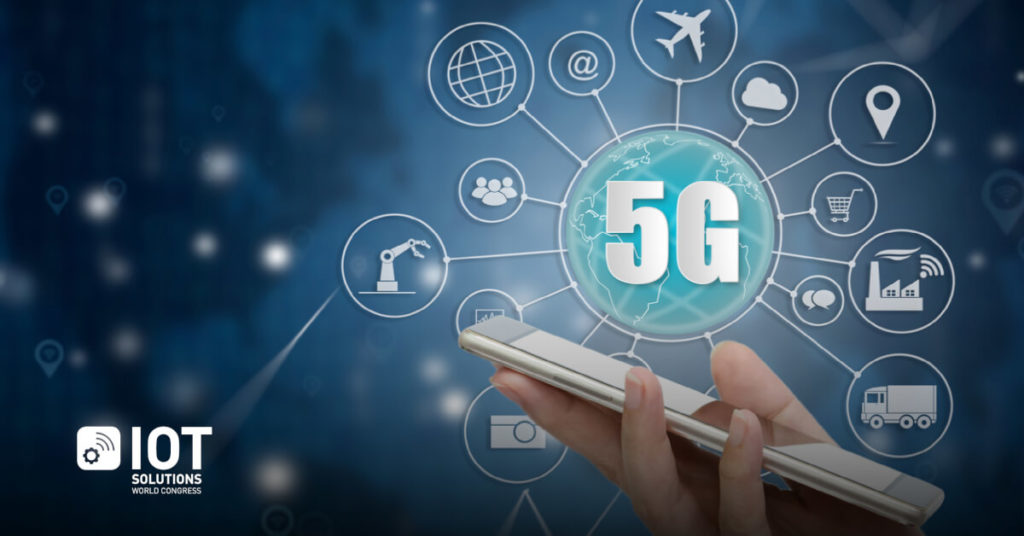Celikoglu Chronicles
Exploring insights and innovations from around the world.
5G: The Speedy Revolution That'll Leave Your Wi-Fi Jealous
Discover how 5G is soaring past Wi-Fi speeds and transforming connectivity forever! Don’t miss out on the next tech revolution!
How 5G is Transforming Connectivity: What You Need to Know
5G technology is revolutionizing the way we connect and communicate. With its lightning-fast speeds, significantly reduced latency, and ability to support a massive number of devices simultaneously, 5G is set to transform various sectors including healthcare, transportation, and entertainment. This next generation of mobile connectivity allows for seamless streaming of high-definition videos, real-time data sharing, and enhanced functionalities in smart devices, which are increasingly becoming a part of our daily lives.
Moreover, the implementation of 5G networks opens the door to a host of innovative applications. For instance, industries can utilize Internet of Things (IoT) technology to create smart cities, where everything from traffic systems to energy grids are interconnected. Additionally, sectors such as telemedicine can benefit immensely as 5G facilitates quicker and more reliable connections between patients and healthcare providers. As we embrace this new era of connectivity, understanding the implications and capabilities of 5G will be essential for both individuals and businesses alike.

Is 5G Really Faster Than Your Wi-Fi? A Comparative Analysis
As 5G technology continues to roll out globally, many users are left wondering: Is 5G really faster than your Wi-Fi? To answer this question, we must consider several factors. 5G, which stands for fifth generation, promises lightning-fast internet connectivity with speeds that can vastly exceed those of traditional broadband. The theoretical maximum speed of 5G can reach up to 10 Gbps, while typical home Wi-Fi networks, particularly those using the older 802.11n standard, generally offer speeds around 150 Mbps to 600 Mbps. However, Wi-Fi standards have evolved, and newer iterations like Wi-Fi 6 can achieve impressive speeds up to 9.6 Gbps under optimal conditions. Thus, the answer isn't straightforward and varies based on technology and usage scenarios.
It's also crucial to consider network congestion and coverage. While 5G has the potential to be faster than Wi-Fi, many users in urban areas face issues with network density, which can slow down their 5G speeds during peak usage times. On the other hand, home Wi-Fi networks can provide a stable connection, especially when fewer devices are connected. Therefore, if your Wi-Fi operates on a reliable high-speed plan and is optimized correctly, it may offer comparable speeds to 5G in certain situations. Ultimately, the comparison between 5G and Wi-Fi sheds light on how the context of usage—location, network conditions, and device capabilities—can play a vital role in determining which option is indeed faster for your needs.
The Future of Internet Speed: Can 5G Replace Traditional Broadband?
The advent of 5G technology promises a significant transformation in the way we connect to the internet. Unlike traditional broadband, which relies on cables and physical infrastructure, 5G utilizes a network of high-frequency radio waves to deliver faster speeds and lower latency. This could potentially make internet access more accessible, especially in underserved areas where laying broadband cables is economically unfeasible. As 5G networks continue to expand globally, they are set to provide speeds that are orders of magnitude faster than existing broadband solutions, making streaming, online gaming, and large file transfers more efficient.
However, the question remains: can 5G truly replace traditional broadband? While it offers considerable advantages, including mobility and faster download times, there are challenges to consider. For instance, 5G signals have a limited range and can be disrupted by physical obstacles such as buildings and trees. Moreover, the deployment of 5G infrastructure is still in its infancy, meaning that many users may experience inconsistent service until the network matures. In conclusion, while 5G technology has the potential to complement and enhance internet connectivity, it may serve best as an alternative to traditional broadband rather than a complete replacement, at least in the short term.